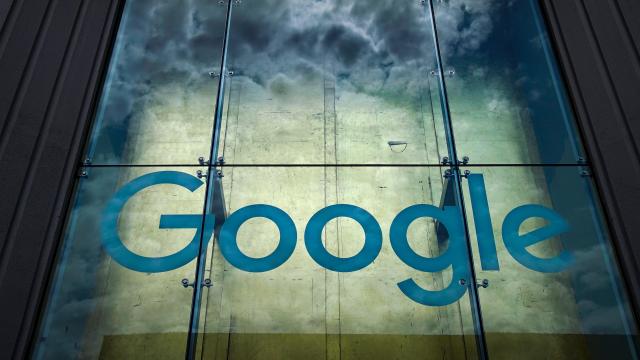As layoffs continue to plague the tech sector, even the titans of the industry aren’t safe. Amidst ongoing layoffs at Google, we’ve learned the company has let go of its mental health executive, according to Insider.
Kristin Maczko wrote on Linkedin that she served the company for fifteen years, with over one year in the position of Director of Global Mental Health and Wellbeing. According to Maczko’s post, the position’s responsibility was to improve the internal wellbeing and mental health of Google’s employees — a position that the company has apparently deemed expendable. The team has not completely been gutted, as some of the Mental Health and Wellbeing team remains despite layoffs.
“I am one of the 12K Googlers whose role was eliminated last Friday in the #Googlelayoffs,” Maczko wrote on Linkedin. “To the many people on the Mental Health and Wellbeing team whose roles were eliminated, thank you for everything that you have done to improve the wellbeing of Googlers. You will go on to do great things, and I look forward to seeing what is next for you.”
Signing on to work at a tech company frequently comes with perks like free breakfast/lunch/dinner, shuttles to and from the office, and completely remote positions. But the allure of these benefits can pale in comparison to the rise of mental health issues in an industry built upon grind culture, developing the next innovation, and keeping a leg up on the competition. A study published in 2022 by Yerbo of over 30,000 tech workers found that 40% experience a high risk of burnout and that 62% feel physically and emotionally drained. Layoffs themselves could even spark a host of mental health issues.
Google did not immediately return Gizmodo’s request for comment on the strategies and responsibilities of Maczko’s team.
Google announced its largest layoffs — 12,000 Googlers, or 6% of the company — earlier this month, in an email to employees. The tech giant is not alone, however, as Microsoft, Spotify, and Amazon have also laid off employees in recent months, and all have vaguely cited the “economy.”
